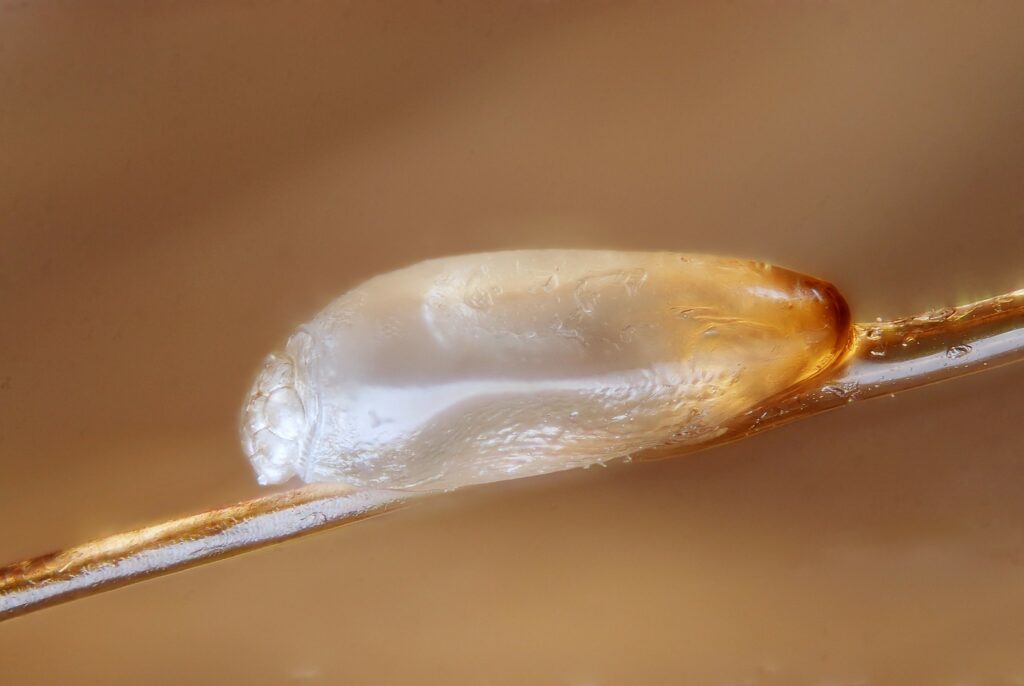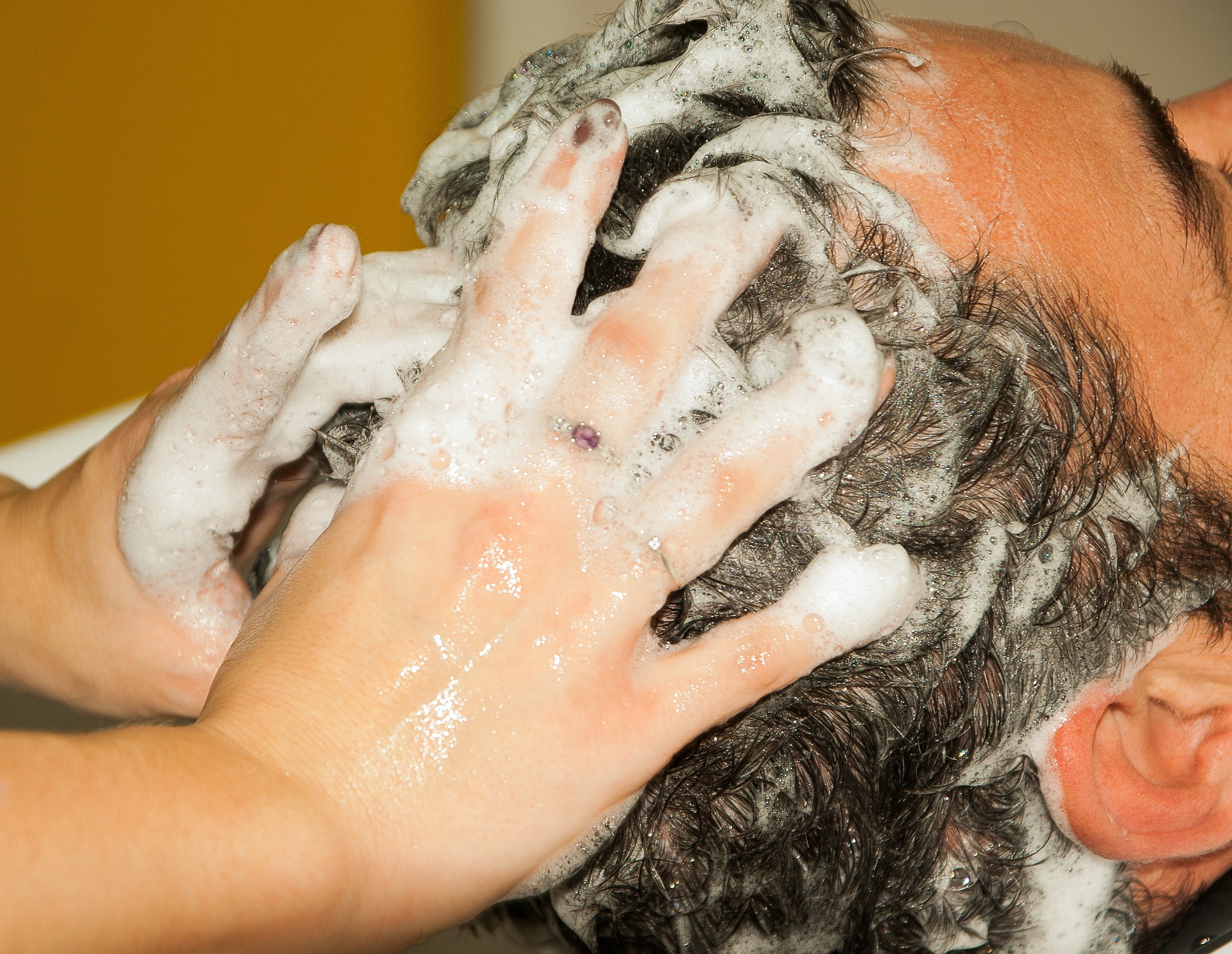Lice treatment can come in many forms, but one of the most popular is shampoos. Unfortunately, as with all treatments, there can be side effects. Here’s everything you need to know about the side effects of lice treatment shampoos, how to use the shampoos properly, and how to handle them safely.
Lice treatment shampoos can cause…
- Skin irritation: The most common lice treatment shampoos’ side effects are related to the skin, particularly on the scalp. Itching, redness, and swelling may occur during treatment. Sensations like burning, numbness, and tingling are possible. These symptoms may even be worse if you happen to be allergic to the lice treatment you are using. If the symptoms trouble you more than they should, tell your doctor immediately.
- Eye problems can also occur: Lice medications have strong ingredients that kill lice. Some can even kill nits. Because of these properties, they may cause problems if they happen to get into your eyes. To make things worse, it’s relatively easy for shampoo to get into your eyes, especially in the shower. You are already lucky if you only get eye irritation and redness. The unluckiest ones experience abnormal vision, corneal abrasion, and even blindness.
- Poisoning: Shampoos are not meant to be taken orally. Accidental ingestion can lead to poisoning and overdose.This may seem obvious, but there are actually cases where patients have intentionally swallowed lice treatment shampoos with spoons or measuring cups, thinking that they are medications meant to be taken orally. The shampoos can also be accidentally ingested, like when an unsupervised child becomes curious and puts the medications in their mouth. This can lead to poisoning. If you have swallowed shampoo, contact poison control immediately or go straight to the hospital.

How to use lice treatment shampoos properly
- Consult a doctor. There are over-the-counter medications for head lice, usually with the ingredients pyrethrin or permethrin. There are also natural remedies, such as coconut oil. But it’s always better to get help from a medical professional. They don’t just have access to stronger ingredients like benzyl alcohol, ivermectin, malathion, and spinosad. They can also help you in the entire treatment process, especially when you are experiencing side effects. Remember that mild side effects may be “normal,” but doctors still offer you treatments as they believe that the benefits outweigh the risks.
- Read the instructions and follow them diligently. The problem with many people with head lice is that they think they can just buy over-the-counter medications and apply them recklessly to get rid of the parasites. This is dangerous because of the intense side effects that may occur from the wrong administration. The improper use of medications can also lead to ineffective treatments, so the side effects are not even worth the risk. Read the instructions in the packaging to know how much of the shampoo to apply, when to apply it, how to rinse it off, and how long to use it for an effective treatment.
- Avoid contact with eyes and mouth. If the shampoo gets into your eyes, you may experience irritation at best and complicated ocular problems at worst. If the shampoo gets into your mouth, you may ingest enough of it to lead to overdose or poisoning. It’s only natural to avoid getting the medication into the eyes and mouth to remove such risks. Some even recommend not using the medication in the shower and using it in a more controlled environment instead. Tilting your head in a sink with your face up and letting another person apply the medication is a good idea.
How to handle lice treatment shampoos safely
- Store the product in an inaccessible place. Look at the instructions on the medication’s packaging to know how to properly store it. Usually, lice treatment shampoos should be stored at room temperature, preferably away from direct light and moisture. Don’t store it in a place where it can easily be reached by children and household pets. They may become curious and end up drinking the medication. A high medicine cabinet is a good place to store it.
- Make sure you are using the right product before administration. If you store your lice medication in a medicine cabinet, it can cause some confusion. You may mistake it for something else, putting you at risk of wrong treatments and their accompanying health risks. If you store it in another place, you may also confuse it with other similar items, such as lice treatment products for bedding and carpeting. The point is, there is always a risk wherever you choose to store it. It’s good practice to always check the product first before using it.
- Don’t second-guess and consult a medical professional when necessary. It takes about 2-3 weeks to completely get rid of head lice. If you don’t see a noticeable difference in your case after this time, don’t self-treat. Consult with your doctor immediately. You may be dealing with resistant lice or misusing the treatment. And your doctor will help you adjust accordingly. If you see intense side effects, consult your doctor as well. The point is, you should get professional help every time you are not sure of something. Not doing so and proceeding at your own risk is dangerous.

Lice treatment shampoos can have side effects
Lice treatment shampoos can be very effective in getting rid of head lice. But unfortunately, there are side effects you should be aware of. The side effects of lice treatment shampoos include skin irritation, particularly on the scalp, eye problems like redness, and overdosing or poisoning. Fortunately, you can minimize the risk of experiencing these side effects if you consult a doctor and follow the instructions for the proper administration of the lice treatment shampoo.
Sure, there are effective over-the-counter medications and natural remedies for head lice. But nothing beats professional help. These healthcare providers may also be able to help you when side effects do occur.

